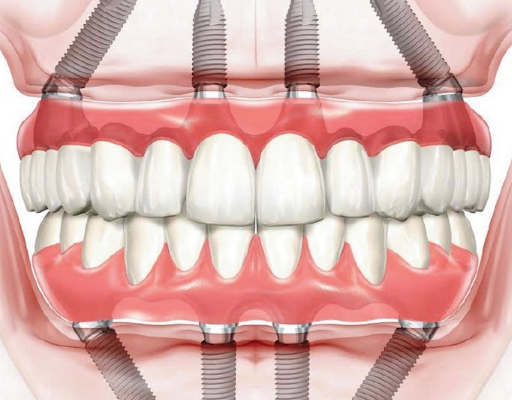Your teeth helps you eat and speak. Without them, you might avoid socialization, choosing to spend all your time at home. Or, you might eat mostly soft foods that don’t require you to use your teeth.
So, if you’ve been in an accident recently, you’ll want to fix this problem immediately. You might need to consider a full mouth reconstruction for your oral health.
But what is it exactly? We’ve got you. In this guide, we’ve written down the most common questions you might have about the procedure.
Let’s dive in!
- How Does a Full Mouth Reconstruction Work?
Full reconstruction is a comprehensive dental treatment. It aims to restore the function, health, and appearance of all teeth in both the upper and lower jaw.
This procedure is often necessary for individuals with severe dental issues. This includes missing teeth, damaged teeth, or bite issues.
- How Much Does It Cost?
The cost can vary depending on the extent of the reconstruction needed and the materials used. Dental insurance may cover a portion of the cost. And there are financing options available to help make the procedure more affordable.
But it is important to first consult with your dentist. They will help you determine an accurate cost estimate for your specific case. If you need more information, check out the best dentist in Vancouver WA.
By understanding the cost and options available, you can make an informed decision. You can figure out whether the full mouth reconstruction process is the best choice for you.
- What Are the Risks of the Procedure?
As with any medical procedure, there are certain risks involved in the procedure. Firstly, there is a risk of infection at the surgical site. To prevent this, antibiotics may be prescribed.
There may be a chance of damage to surrounding structures. The procedure may negatively affect your nerves and blood vessels.
You may also experience discomfort and swelling post-procedure. But this can be managed with pain medication and proper aftercare.
Lastly, there is a small risk of complications with anesthesia. However, this can be discussed and addressed with your dentist beforehand.
- How Do I Maintain the Results of the Reconstruction?
Maintaining the results of a reconstruction is essential for prolonging the longevity and effectiveness of the treatment. The first thing you need to remember is to continue practicing good oral hygiene habits. You should always brush and floss.
You should also aim to maintain a healthy diet. And you should avoid habits like smoking, which can help preserve the results of the reconstruction.
Don’t forget about regular dental check-ups and cleanings. These are important to detect any potential issues early on and address them promptly.
Remember to follow any specific instructions or recommendations from your dentist. This can help ensure that the full mouth reconstruction is worth it.
Is Full Mouth Reconstruction Right for You?
Full mouth reconstruction can greatly improve a person’s oral health and overall quality of life. By addressing common concerns and questions through these four FAQs, this article aims to help you make informed choices about your own reconstruction journey.
And if you want to know more, don’t hesitate to consult with a trusted dentist. They can give you personalized advice and a treatment plan tailored to your needs.
Was this article helpful? Then check out the rest of our site for more.





